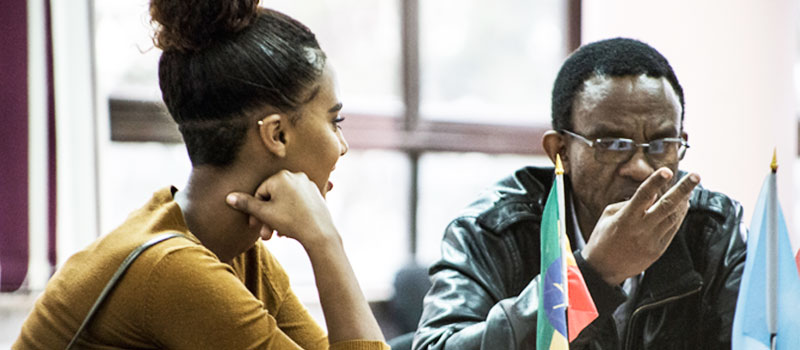
Chaplaincy
The University supports the students and staff religious obligations while studying and working at SPU. The University is interested in building and growing the spiritual welfare of its students and staff and help them understand as well as respect person from all faiths. This is done by providing opportunities of worship through daily services, community services, and interaction with the chaplains on a daily basis.
The Chaplaincy office is accessible to all members of the University and we strongly encourage all students and staff to visit the office. The chaplains serve all students and staff and are available to talk to regardless of your religious beliefs. The Chaplaincy is open from 8am to 5pm Tuesday to Friday. You are welcome talk to them at any time, or contact a chaplain.
University Church Services
10.00-10.30am - Monday to Friday morning service, which is conducted by both staff and students.
9:00-10:30 - Wednesday service.
8:30-9:30 - Sunday youth service.
10:30-11:30 - Sunday Kiswahili service.
Campuses
The day-to-day activities of the chaplaincy include:
- Prayer, worship and other spiritual practices
- Educational events, such as conferences, panel discussions, forums and guest speakers
- Advice, Guidance and consultation to students and staff and the University on a range of faith-based issues.
- Machakos Campus- ACK Cathedral Building
Denominational Representative
Some of the denominations with ministerial students at St. Paul's have appointed lecturers to be denominational representatives as liaison between them and the students in matters of ministry. As well as this, the denominational representatives are in charge of the denominational classes, which deal with church polity of the particular denominations. On the timetable these classes are called Christian Institutions.
They are compulsory for ministerial students whether lay or ordained. Denominational representatives and the offices of Academic Dean and Dean of Students produce reports about students at the end of each academic year indicating the progress of each student. Administrative and academic matters are not handled by the denominational representative, but the offices concerned with that in the University. The Academic Dean will oversee the students whose Churches have not appointed a denominational representative.